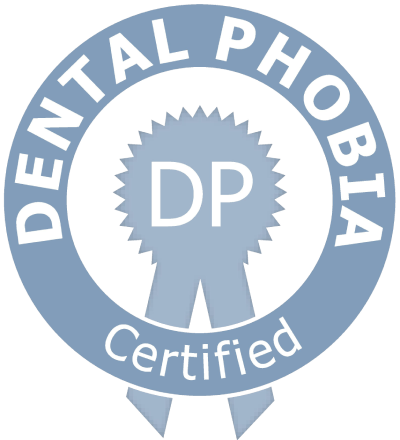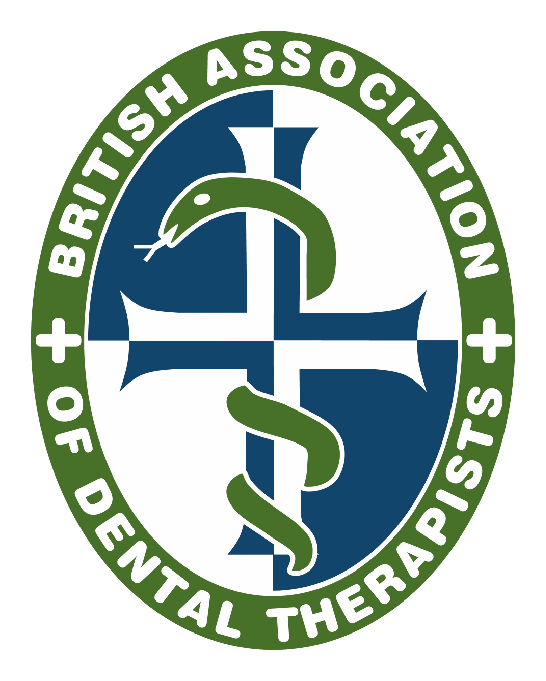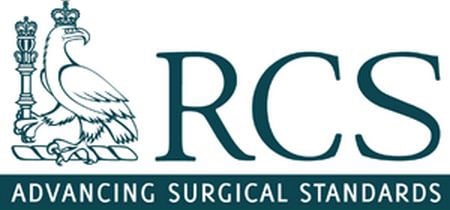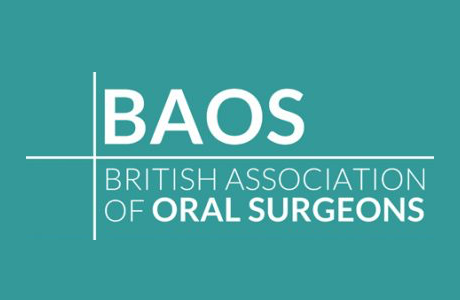
Helping to lead the fight against dementia
In the UK, there are about 800,000 people with dementia. It is estimated that around 400,000 people have dementia but do not know it.
By raising awareness about this condition, it is hoped that more people will be diagnosed earlier, giving more time for them to come to terms with future symptoms. Dementia is a progressive condition so it is important to establish a dental programme at, or soon after, a diagnosis. There are dental problems (including issues around keeping and wearing dentures) that people with dementia often face at different stages but there are methods for treatment and prevention, including to help maintain good oral health.
TwentyOneDental is recognised for its personalised warm welcoming approach and provides an extremely calm and relaxed environment where our patients can feel truly looked after by a professional team with genuine kindness and warmth. Our patients see us as their friends and this is the relationship we truly value. To build such relationships with our patients is a crucial element which not only protects but helps ensure good oral health is maintained. Friends talk to each other, listen and often help us put things into perspective. To us, our genuine care warmth and commitment to patient care is worth every effort as it not only builds trust but maintains trust too. This is why we genuinely believe we are different to many other dental clinics.
We want to truly help play our part in helping those with dementia and also help support those around them. We can do this together.
How to tell if someone with dementia has dental problems
There may come a time when the person with dementia is unable to say they are experiencing pain or discomfort in their mouth or teeth. They will need to rely on other people to notice and interpret their behaviour changes that may indicate that someone with dementia is experiencing dental problems. These may include:
- refusal to eat (particularly hard or cold foods)
- frequent pulling at the face or mouth
- leaving previously worn dentures out of their mouth
- increased restlessness, moaning or shouting
- disturbed sleep
- refusal to take part in daily activities
- aggressive behaviour
If there is no explanation for the change in behaviour, arrangements should be made to identify the cause. This should include a dental assessment as part of the process and as recommended by the Alzheimer Society.
If you have any concerns or worries about this very important issue, feel free to pop in, telephone or just email. Our friendly concierge team will be happy to assist and help in anyway that they can. Alternatively, if you would wish to book an appointment you can do so by telephoning 01273 202102 or book online by clicking here.


 Book Online
Book Online






















